Flax, Perennial Blue (Linum perenne lewisii), packet of 100 seeds, Organic
$3.95
Family: Flax (Linaceae)
Hardy to zone 4 to 10
Herbaceous perennial wildflower native to Europe and the western United States. The plant makes a perennial clump that is quite drought resistant and competes well with grasses, blooming from new buds each day, the pastel blue flowers bedecking the fine lines of the plant like baubles on a string. The seeds are tasty and edible as long as they are cooked–they contain cyanogenic glycosides that break down in the cooking process. The plant prefers full sun and does very well with alkaline soils. Sow seed in late fall to early spring. We give a generous packet to allow you to scatter the seeds, which is just what the mother plant does, and is therefore a very effective method of establishing this native beauty in your gardens and grasslands.
100 seeds/pkt., Certified Organically Grown
In stock

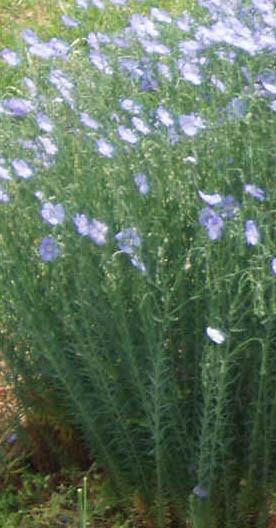
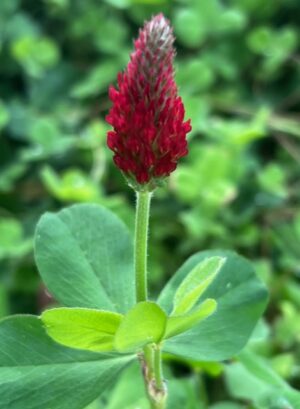
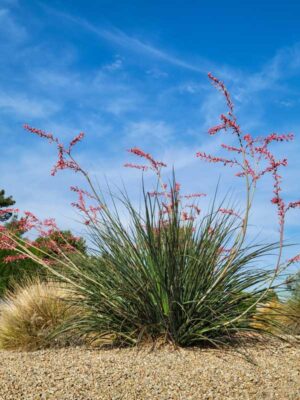
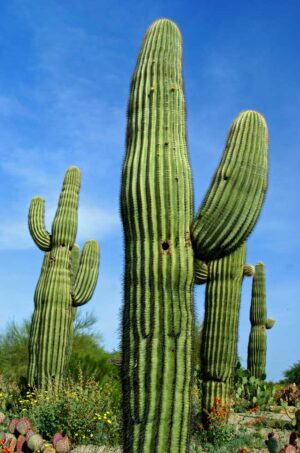
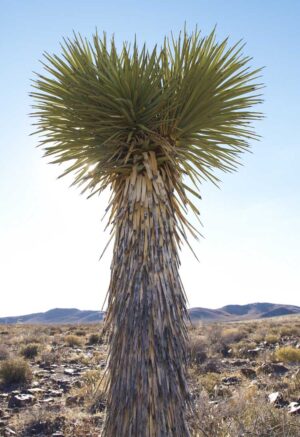
susieperrone –
looks pretty. but is it edible or just ornamental?
Upvote if this was helpful (0) Downvote if this was not helpful (0) Watch Unwatch Flag for removal
Richo Cech –
The seeds of the perennial flax are similar to the standard types (Linum usitatissimum) in terms of culinary use. However, seeds of perennial flax must be COOKED before eating–they contain cyanogenic glycosides that are rendered harmless by cooking.
Upvote if this was helpful (0) Downvote if this was not helpful (0) Flag for removal
Marty Thompson –
I need flax for spinning at our museum. Is this variety what I need? Approximately how many square feet will a package cover?
Upvote if this was helpful (0) Downvote if this was not helpful (0) Watch Unwatch Flag for removal
Richo Cech –
Hello Marty,
Thanks for getting in touch, sounds like a wonderful project! Please read pages 309 to 310 in “Growing Plant Medicine” for a complete answer to your inquiry. Otherwise, here, in short, the perennial blue flax is not the one typically grown for fiber. Use the Brown Flax that is available on this website. 10 g sows a 100 foot row. Richo
Upvote if this was helpful (0) Downvote if this was not helpful (0) Flag for removal
lauren –
good day! how do i turn this into flour?
Upvote if this was helpful (0) Downvote if this was not helpful (0) Watch Unwatch Flag for removal
Richo Cech –
hi lauren, try putting BROWN FLAX (not this item) in a small coffee grinder to make flax meal. r
Upvote if this was helpful (0) Downvote if this was not helpful (0) Flag for removal